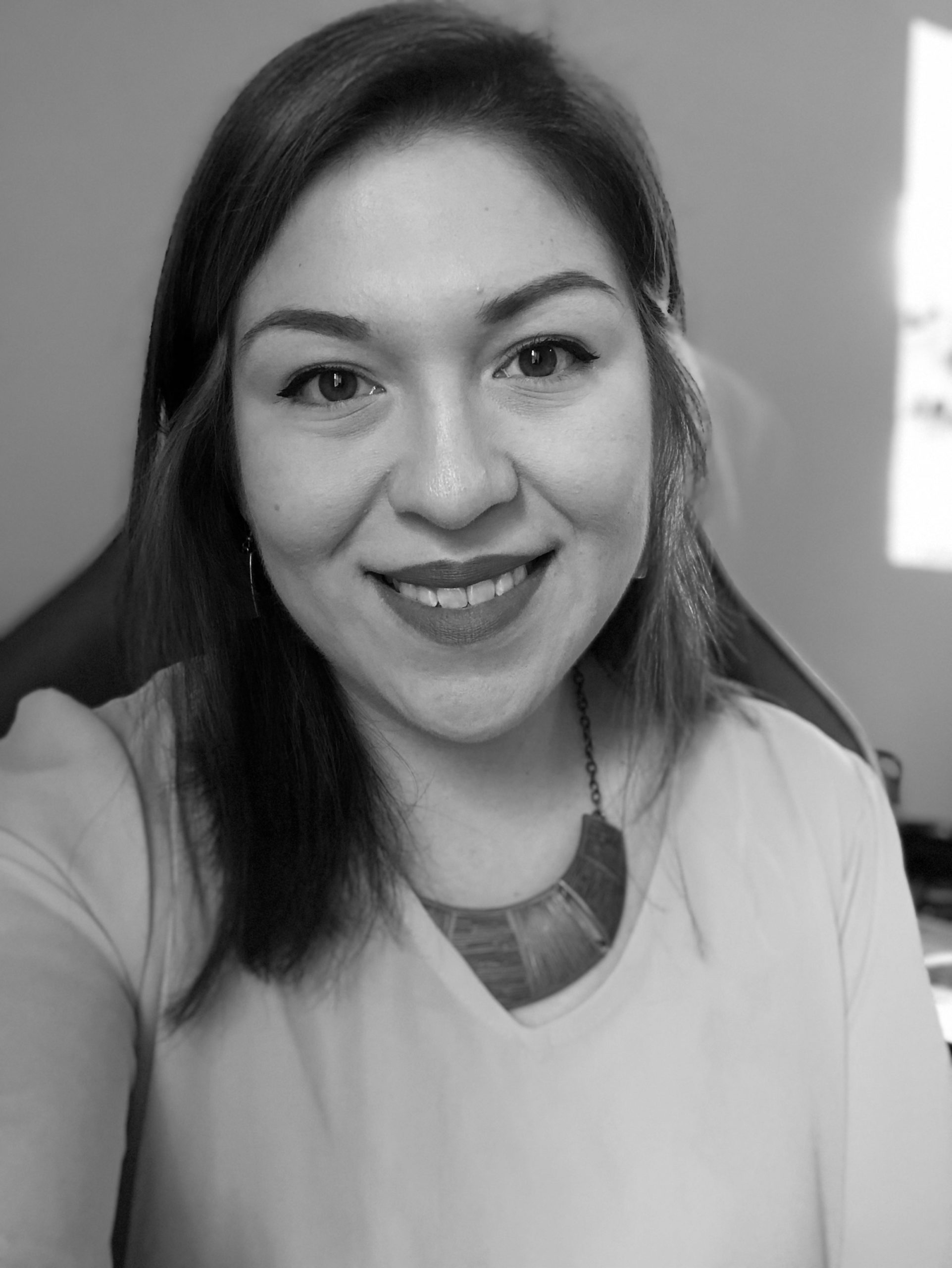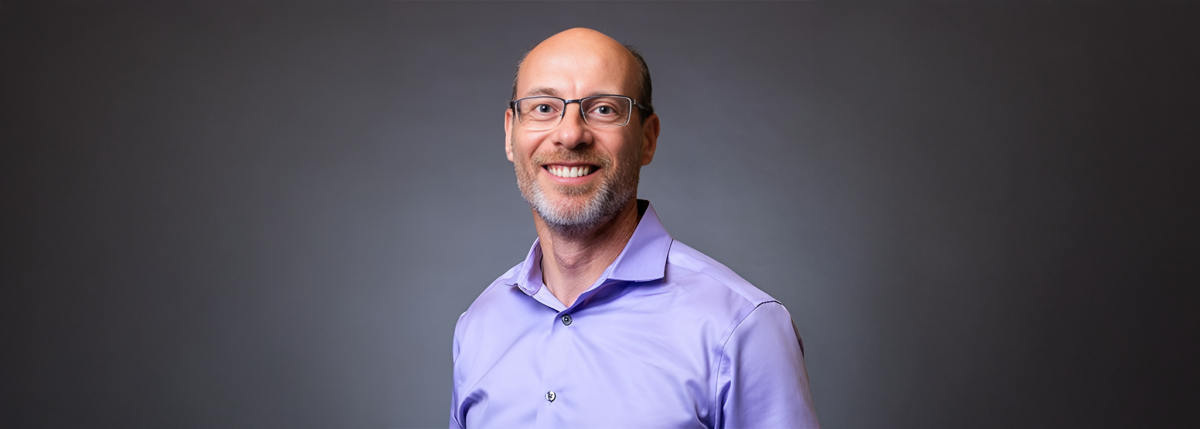(Un)doing Diabetes Stigmas and Changing Public Perception
Written by: Liz Cambron-Kopco
8 minute read
March 22, 2022
Beyond Type 1 sat down with authors of a newly released book discussing the public perception of diabetes and what needs to change to move forward. The book, (Un)doing Diabetes: Representation, Disability, Culture is a collection of essays from various authors in the diabetes community covering topics around social stigmas, public perception and intra-community conflict. Listen to or read the interview below to learn more.
Speakers included:
- Ginger Vieira, senior content manager at Beyond Type 1.
- Liz Cambron-Kopco, content manager at Beyond Type 1.
- Heather R. Walker, Ph.D., associate director of qualitative research and co-editor.
- Bianca C. Frazer, Ph.D., postdoctoral research associate and co-editor of the book.
The transcript below has been edited for length and clarity.
Ginger: Heather and Bianca are two of the many authors in the book full of essays titled Un(doing) Diabetes. Heather, tell us about you.
Heather: My name is Heather Walker. I have a Ph.D. in disability studies, but more importantly, I’ve been living with diabetes since I was 11, so just over 20 years, actually.
I got into researching diabetes and the social conditions of diabetes about two years after I completed my bachelor’s degree. I just started thinking, “What is it about the diabetes community that makes knowing someone else who has it so powerful?” and I started digging into that and trying to understand it.
And then this little icky bug that we all know so well—stigma—kept rearing its ugly head. I was encountering it in my own life and in so many of the conversations with people with diabetes that I was having.
I wanted to understand that. A lot of what the book takes up, as we’ll talk about in this conversation, are the perceptions of diabetes that are wrapped up in stigma.
Bianca: My name is Bianca Frazer and I’ve been living with diabetes for over 30 years. I was diagnosed when I was 23 months old, almost 2 years old.
I have a Ph.D. in theater studies. I kind of tell the story that there were those two tracks in my life of being diabetic and then loving arts and humanities, and I didn’t really think about crossing those paths. All I knew was to try to separate that and keep diabetes kind of as quiet and hidden as I could manage, which was not very well as it turns out.
It was through my studies and through school and learning about artists who were creating work about diabetes that I started to think more critically about what they were doing.
Some of those folks were activists and this was kind of at the same time as the insulin crisis was getting more coverage in the news.
It was through school and the arts that I started to learn about disability studies and sort of challenging stigma and challenging the perceptions of diabetes rather than sort of living with them and begrudging them with friends.
Ginger: The book really covers a huge scope of topics. It’s not only just public stereotypes and misconceptions and bad humor on television.
You also talk about type 1s versus type 2s, the infighting, we’re not even supportive of each other. Tell us more about the topics that you really dig into throughout the book.
Bianca: Bringing together the scope of the project was all about representation. The thing that someone had to have at the center of their essay was some sort of representation of diabetes.
We have a lot of folks writing about Twitter and the DOC, the diabetes online community. We have an amazing section of lots of varied authors and perspectives, and that’s where one of our chapters, one of our authors, looks at that infighting.
Heather introduced me to this concept of defensive othering and what that strategy means to say, “This isn’t me, but this is true about other people.” I’m pushing that stigma off onto others rather than some solidarity.
In terms of representation, we have folks ranging from what we see online, to the film and television performance, the visual art world, then we have some amazing chapters on stigma in healthcare and in families and friends.
One of our final moves of the book is to look towards the future and to bring together what might we imagine for the future in diabetes identity.
Heather: I would add that we feel so lucky and so honored that our authors come from very different places. We have community member authors who I would consider scholar-activists, because of the level of work that they provided for us.
One other thing I’m going to highlight because I think for the audience that we’re talking to here, it might be really relevant.
We have a couple of chapters that dig into and problematize, but also celebrate, diabetes camps. It’s such a fabulous combination of chapters. One where you’re really celebrating the history, but also looking critically at it and how one person’s moment of triumph in their diabetes journey could be a really difficult time for another person, and how that varies.
I love having something on diabetes camp, because it’s such a big part of so many people’s stories in the United States, especially with finding community.
Ginger: Bianca, you also wrote an essay in there about diabetes on TV. I think it is just such a good look at not just diabetes and TV, but how it’s viewed in general by the public, partly because of TV and partly just TV reveals how many people think. Can you tell me more about that world?
Bianca: Yeah. The chapter that I wrote on the television show, Parks and Recreation, was born of so much love. I love that show, but I was always shocked that no one seemed troubled by what the show was doing with diabetes. I think that’s in a lot of the spirit throughout the book.
These ideas are so unquestioned that it’s really hard to kind of ask people, “Well, what is this doing?”
Phyllisa’s chapter and my own, we’re both kind of talking about this punching down humor and why that’s unquestioned. Whether it’s people with diabetes kind of self-degrading themselves or making fun of their own condition, the way Phyllisa’s chapter is saying humor is a way to manage the threat of diabetes, and what does that mean in Black communities and representations of Black diabetics.
In Parks and Rec, they always make jokes about diabetes and sugar, they have an entire episode about a [diabetes fundraising] telethon, which is something that is so jarring to look at.
Ginger: What are some of the biggest things that you hope people with diabetes could take away from this book?
Heather: I think primarily, and in all honesty, some unlearning. Unlearning is what we’re hoping for because we are all in this group, people with diabetes ourselves, who have been living with these conditions for a very, very long time.
We have learned a lot in that time from our healthcare providers, from TV, from commercials, from art like billboards.
I remember growing up in my small town of Yuba City, California, there was a billboard that said, “If you drink too much Coca-Cola you will get diabetes. So stop drinking Coca-Cola.”
This was like a local billboard that impacted me, and I really believed that diabetes equals eating sugar. This is before I was diagnosed.
That’s all I knew about diabetes, it’s diabetes equals eating too much sugar. Then when we’re diagnosed, we go through a lifetime of seeing these messages, pushing ourselves apart from them, and then reacting.
Even our reactions, which is what Bianca was mentioning earlier, is this really defensive othering, is usually the tactic. We learn it from our community. We learn it from our parents if we’re diagnosed young because we are trying to evade judgment.
And the easiest way to do that is to say, “It’s not me.”
So with this book, we really hope for unlearning.
Bianca: That was a big unlearning for me, kind of through my lifetime, as I was raised with a lot of the defensive othering, about other types.
An unlearning for me was the solidarity, the things we have in common, and that was so interesting to go on that journey that was challenging. To even think critically about how I was doing that, how I was adding stigma to other folks.
Heather, I feel like you gave us such an amazing strategy for that in your chapter.
Ginger: Heather, can you tell us more about your chapter?
Heather: Yeah. In my chapter, I talk about the whole stigma management strategy of separating yourself, of defensive othering, but I turn it internally. What’s happening internally?
We know it’s called defensive othering when you’re expressing that to someone else, but when it’s in your own mind, what is that? I call it self exceptionalism. You believe that you’re an exception to the rule.
The solution that I posed, which I think is quite provocative, I call radical trust. The idea is that for yourself and for others, you follow with the most radical kind of trust you could ever imagine.
I offer a thought experiment, which is, think about the person in your life, we all have at least one, who is not doing what you think they should be doing to take care of themselves. Like someone even sees you as an exception, but the person in their life who has diabetes isn’t doing what they’re supposed to be doing, isn’t taking care of themselves.
What if we apply this radical trust? If we believe, truly believe to our core that they are doing everything they can with the resources and energy that they have available to them.
What kind of freedom can we give to that person and what kind of compassion and what kind of empathy can we grant to them that we weren’t willing to give them before when we thought they weren’t doing what they needed to do to take care of themselves?
That’s the solution that I pose in the book, introducing this idea of radical trust in a pretty broad way. It’s helpful for me. I have family members that I get frustrated with and I’m like, “Just trust.”
They would be doing more if they had more. They would because everyone wants to be the best version of themselves. If they’re in a place where they don’t, that’s because they don’t have the energy and the resources to have that drive.
Ginger: Where can listeners find you? Where can they get a hold of this?
Bianca: We would love to follow up and have conversations about the book. My email is [email protected].
The book is available online. If you’re at a university, you can request it at your library. Once you request it through your library, you can download individual chapters or the whole thing.
Heather: My email address is [email protected]. I’m also happy to field questions, have conversations. There’s also section introductions available for free on the Springer Nature, Paul Gray website.
Ginger: Thank you both for your dedication to supporting the diabetes community!

Author
Liz Cambron-Kopco
Liz has been living with type 2 diabetes since 2014, but grew up surrounded by it as a first-generation Mexican-American. With a bug for research, Liz pursued a PhD in molecular biology and spent her early career studying insulin signalling in invertebrates to understand how insects' tiny little bodies work. Along with advocating for women and girls in STEM, Liz shares her personal journey with diabetes on her social media platforms to help teach people to become their own advocates. Her passion for advocacy led her to join the Beyond Type 1 team. When she's not advocating, Liz enjoys hiking with her husband and their terrier/schnauzer mixed pup Burberry.
Related Resources

The holiday season is filled with celebrations, family gatherings, and plenty of holiday foods. No...
Read more

Managing diabetes is a complex and often overwhelming journey—even nine years after my daughter's diagnosis....
Read more

The holiday season is all about celebration, family, and joy—with a little chaos sprinkled in...
Read more

